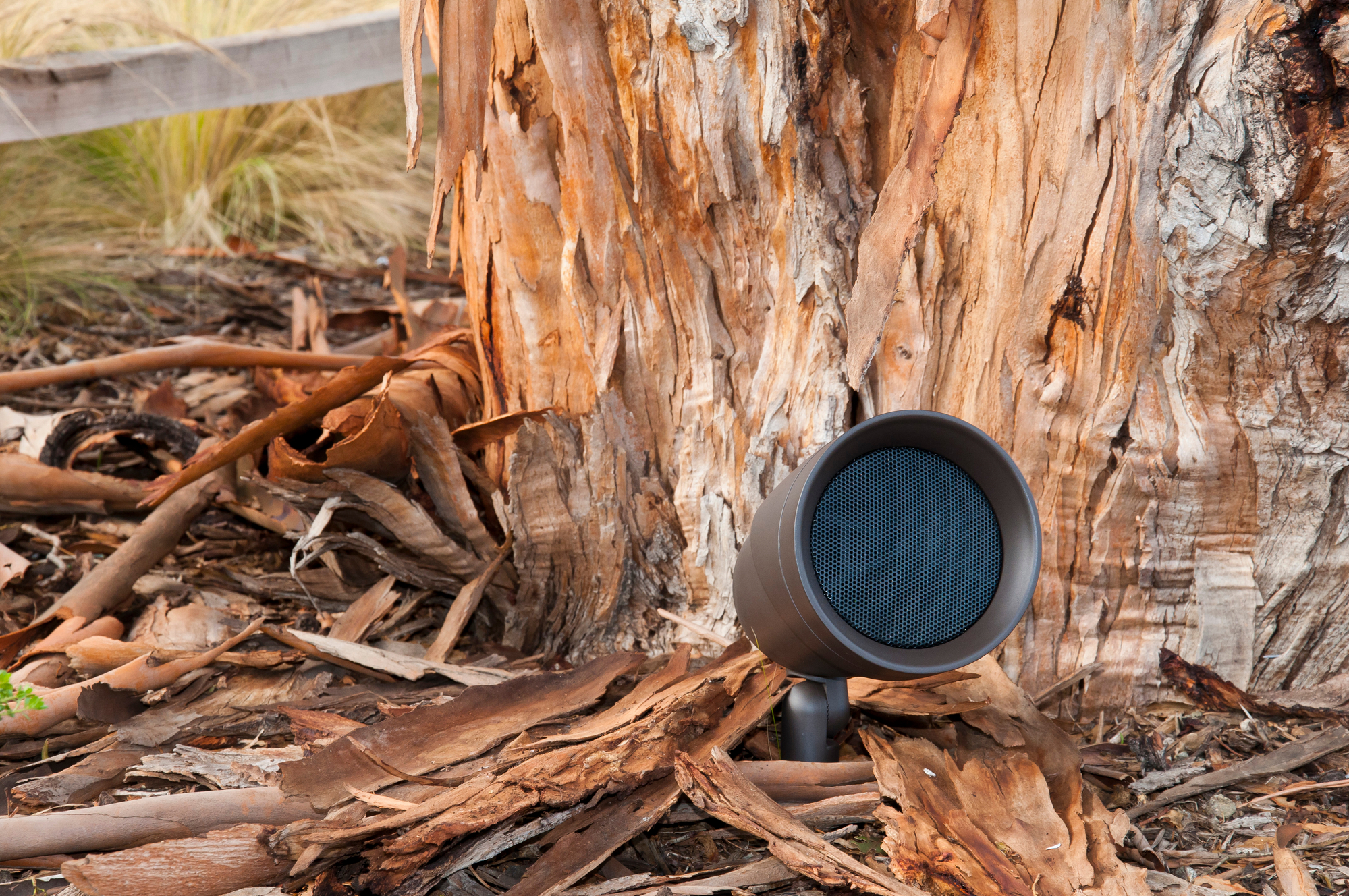How to Choose A Home Theater Projector
Thinking about buying a home theater projector but not quite sure where to start? You've come to the right place.
Here at AV Design Consultants, we are always happy to make a projector believer out of a customer. But jumping into a new category of technology can be overwhelming, so we are here to help make projector research and selection as easy as it can be.
With our help, you'll be able to pick out the best home theater projector for your space and budget. You will be ready to enjoy amazing theater-like quality, all from the comfort of your home. But first, let's look at what you’ll want to consider before making your home theater projector purchase.
Brightness
Unlike with a traditional LED or LCD TV, brightness is a main consideration for any projector, given that it is actually projecting light across distance in your room. Because of this, the brightness of the projector and the natural brightness of the room both play an important part in image quality, and you'll want to make sure to consider both before bringing a projector home.
The unit used to measure the brightness of projectors is called lumens, so that's what you want to keep an eye out for when starting to look at projectors. How many lumens you want mostly depends on what type of room you are planning to put your projector in. To start, if you are planning on using your projector in a mostly dark room, you should be good with a projector of 1000 lumens or more.
If you are planning on putting it in a room with some light -- such as most living rooms that have outside facing windows -- you would want to bump that up to at least 1500 lumens.
If you are going for an even brighter room, like a sunroom or a room that gets a lot of light, then you want to make sure your projector is even brighter: At least 3000 lumens.
In addition to the brightness of the projector, we also recommend that you make sure you can control the light in the space as much as possible to help guarantee the best picture. This includes adding shades or drapery to cut down on the natural light in the room, especially on windows that directly cast light onto your projector screen. This light can significantly wash out the picture, regardless of how bright your projector may be.
Size and Resolution
One of the great benefits about projectors is that you get more bang for your buck, literally.
Where you might be looking at a 50-80" TV, you can easily find a projector that can work at measurements twice that size. You are more limited by the size of your room than by the size of the projector, and that's the first thing you should figure out when it comes to deciding your projector size: Where you are going to put it. Once you have a room picked out, that will help you figure out how much space you have for both the screen and projector placement, which in turn will help narrow down whether you should be looking at short throw, standard throw, or a full home theater projector.
Resolution is also something you want to keep in mind when looking at projectors. Like TVs, the higher the resolution of your projector, the better picture quality you are going to get. However, unlike TVs, there is still a cost of admission for 4K projectors. Be mindful of this, for smaller budgets a high quality 1080p projector may be your best option.
Don't worry if you are having a problem figuring out the size and distance needed for your projector system, though! Give us a call at 479-365-2201 and we'd be glad to help you figure out, plan, and install everything you need for a successful home theater projector system.
Projector Screen
Along with your projector, you’ll also want to select your projection screen. This is the material that the image will be projected on, and projector screens are available in a variety of materials, aspect ratios, and mounting options.
The various screen materials allow you to do things like hiding surround sound speakers behind acoustically transparent materials, or even get a better picture by selecting grey or pearlescent screen materials.
Finally, you may also want to consider a self-masking screen, as this allows the screen to change aspect ratios to match the native aspect of whatever you are watching. This is a great solution, as it ensures you get to see the full picture regardless of aspect ratio, and without having to sacrifice part of your screen to black bars.
We’ve just scratched the surface, but we hope we’ve given you something to think about. We are here to help you complete your vision for your perfect home theater! Whether you need help installing your projector, setting it up, or picking out the best home theater projector for your space, we're only a quick phone call away! Give us a call at 479-365-2201, and we'll be glad to help you make all the upgrades you want to your home theater space.
When you subscribe to the blog, we will send you an e-mail when there are new updates on the site so you wouldn't miss them.






